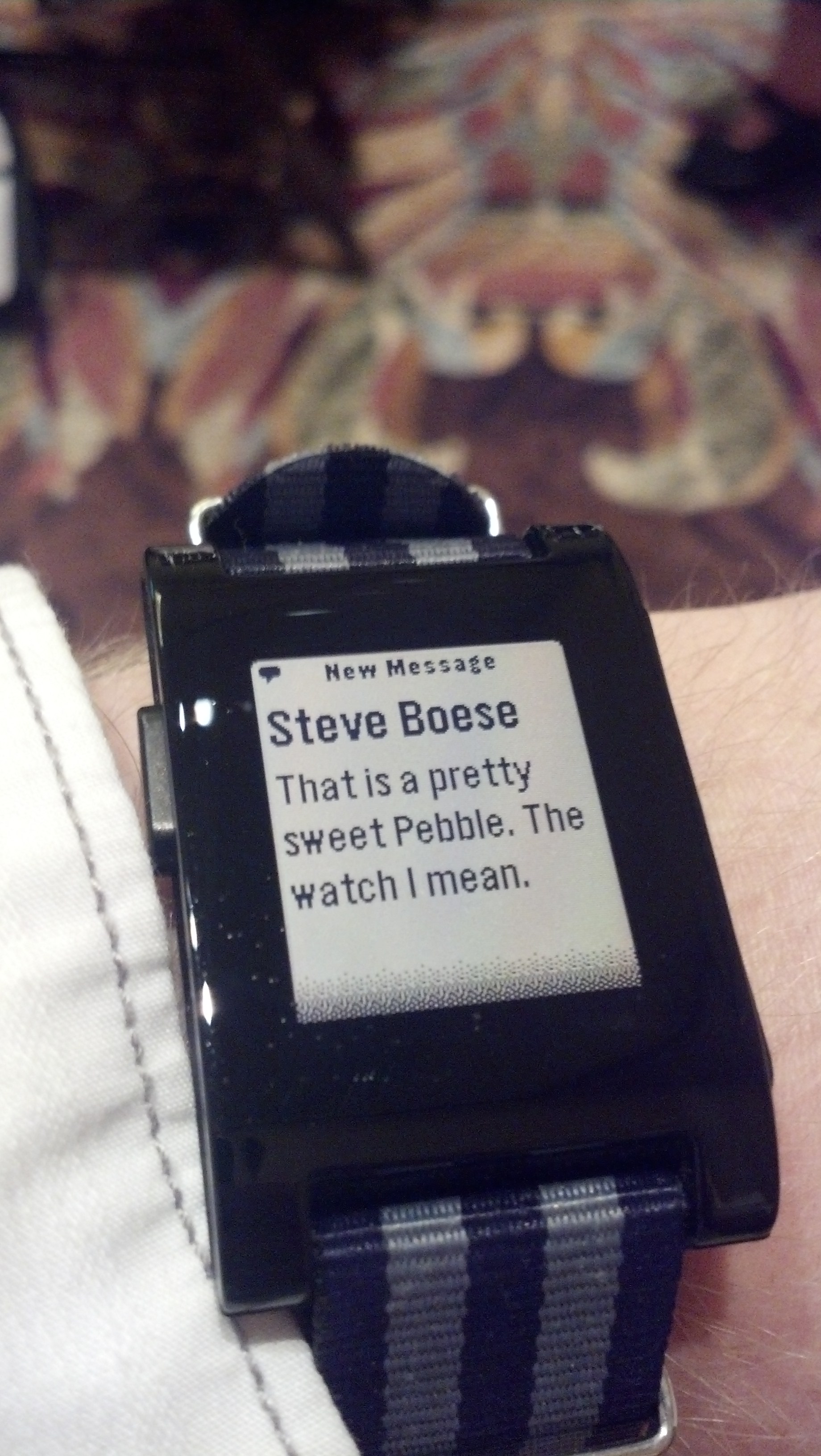Thinking about what no one knows they're missing
A couple of months ago I posted about the continuing advances in driverless vehicle technology, and the implications on work and worker's commutes to the office in an environment where essentially, everyone has a technological chauffeur to ferry them to their job. My point in the piece was, more or less, that driverless vehicle technology would potentially one day add hours of 'productive' time to a commuter's day - taking calls, reading documents, even creating and writing while on the go. Freed from the task of actually driving the car, the driver becomes a passenger - and gains the benefits from reduced stress, (driverless cars probably won't pass on their road rage to you), and more flexibility.
Whether you think driverless cars, (and trucks, and eventually even planes), are dangerous, unreliable, or even scary, the truth seems like they are coming - and probably sooner than most of us think.
Similar could be said for some of the other latest advances in technology. Take Google Glass for example. Just a year or so ago the idea of a wearable, always-on, internet connected, and voice activated computing device seemed pretty far-fetched. Today the initial wave of beta-testers are using the device, developers are building new and purpose-built apps for the platform, and a slew of 'experts' (including me), have offered up advice and opinion about the implications and use of Glass in work and business. I saw another slightly different manifestation of wearable computing this week when my pal Lance Haun rocked a Pebble smartwatch at a recent event.
What do driverless vehicle technology and wearable computing tech like Google Glass have in common?
Probably a few things, but the one element I want to call out is this - they are technology breakthroughs that are not directly responding to some express need or desire on the part of either existing customers or the general public. They are for the most part - green field, blue ocean, 'insert-your-favorite-hack-expression-for-something-brand-new-here'.
This week I've been at the SilkRoad Connections event - a conference for the company's customers, partners, and some media and analysts. At the event, keynoter Dan Pink, (famous for the book Drive), offered, almost as an aside from his speech on motivation, what he thought was going to be the most important skill in the future, (paraphrased in my tweet below)
The ability to give people something they did not know they were missing is the core cognitive skill today- per @danielpink #srconnections13
— Steve Boese (@SteveBoese) May 20, 2013
Glass, planes that fly themselves, the next incredible technological or business breakthrough - the common factor will be that none of them will be really based on listening to customers or conducting focus groups.
They will spring from the imagination of innovators and from people savvy enough to 'discover' needs that today don't exist.
It's wonderful and important to spend your day thinking about and helping to solve people's problems. But even there, advances in computing threaten to turn 'problem solving' into a game for the robots and super computers.
If you want to be really memorable and outlast the rest, you have to solve problems that don't even seem to exist and to give people things that they never knew they needed.

 Steve
Steve
Reader Comments (2)
I think Henry Ford said it best... "If I asked people what they wanted they would have said a faster horse."
How we forget that history usually contains our future. You can tweet that one if you want. I'm sure someone else said it in the past.
I still want a faster horse!